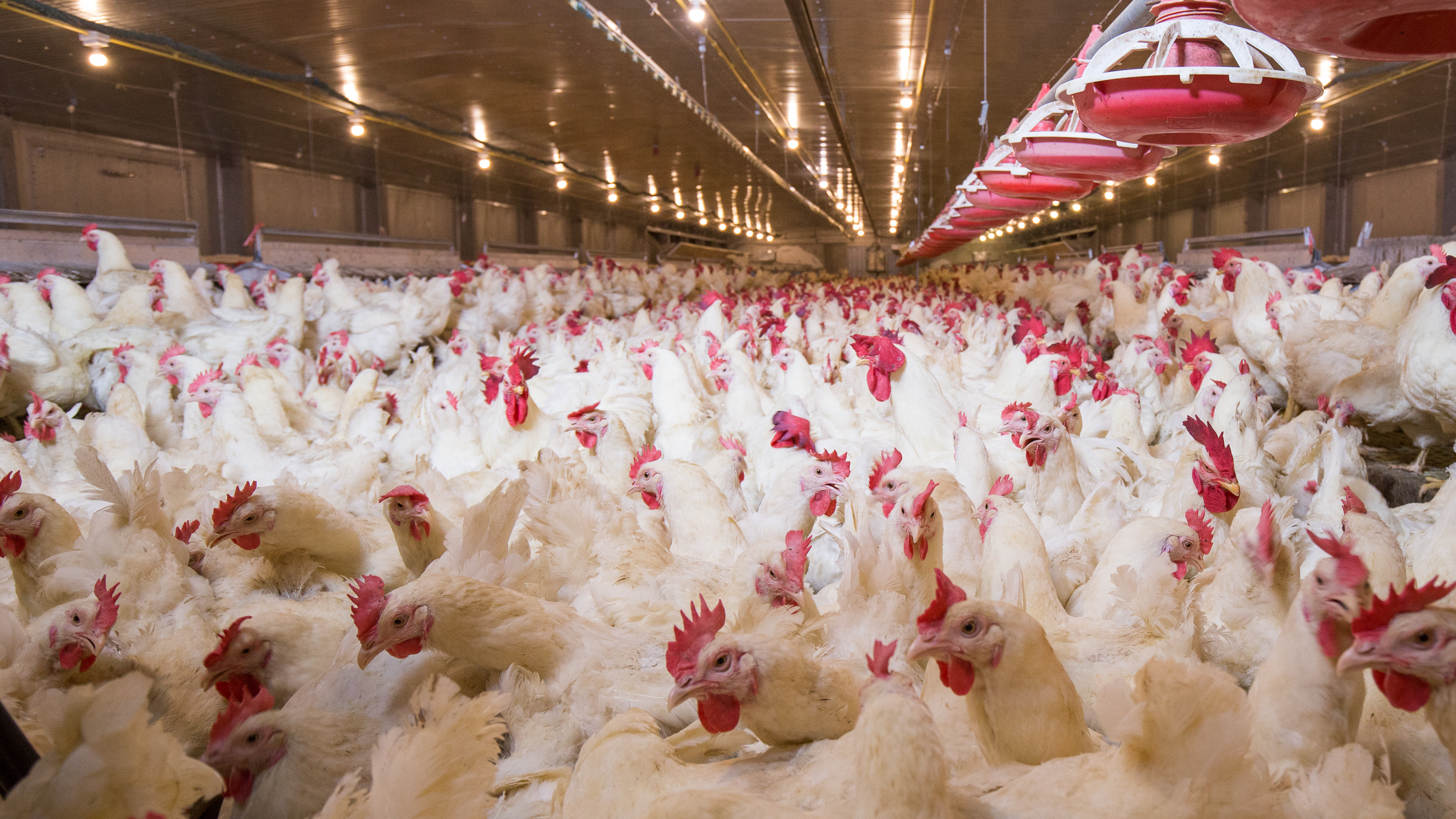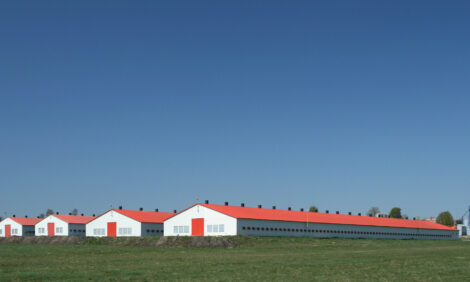



Weekly global protein digest: broiler prices becoming steady
Read the latest developments in the poultry meat market from across the globe.US broiler market at a glance
The latest USDA broiler market report shows whole broiler/fryer prices are generally trending steady for all sizes. Offerings of all sizes are moderate to instances heavy in the Eastern region, light to moderate in all other regions.
Retail and food service demand is light to moderate for the upcoming weekend. Processing schedules are normal to reduced with a few plants operating Saturday. Floor stocks are adequate. Market activity is slow to moderate.
In the parts structure, prices are trending steady to firm for tenders, and steady for wings. Boneless skinless breasts and dark meat items are steady to weak, and the remainder of parts are steady. Supplies of tenders remain well balanced, and wings are mostly moderate. Dark meat cuts and boneless skinless breasts are moderate to heavy with boneless skinless thighs and jumbo size breasts being more available. Market activity for parts is slow to moderate.
In production areas, live supplies are moderate to heavy. Weights are mixed, but mostly desirable.

Meantime, broiler-type eggs set in the US are down 1 percent. Hatcheries in the US weekly programme set 231 million eggs in incubators during the week ending 8 August 2020, down 1 percent from a year ago.
Average hatchability for chicks hatched during the week in the United States was 82.3 percent. Average hatchability is calculated by dividing chicks hatched during the week by eggs set three weeks earlier.
Broiler-Type Chicks Placed in the United States are down 3 percent. Broiler growers in the United States weekly programme placed 184 million chicks for meat production during the week ending 8 August 2020, down 3 percent from a year ago.
Cumulative placements from the week ending 4 January 2020 through 8 August 2020 for the United States were 5.95 billion. Cumulative placements were down slightly from the same period a year earlier.
Hong Kong bans chicken imports from Brazilian plant
USDA has reported that following China’s detection that a surface sample of chicken wings imported from Brazil tested positive for coronavirus, the Hong Kong government has suspended the license application for products originating from the Brazilian plant in question effective 13 August.

Subsequent to the Shenzhen authority’s detection of coronavirus on a surface sample of chicken wings imported from Brazil, the Hong Kong government’s preliminary investigation showed that the concerned batch of chicken wings was not on sale in Hong Kong.
They assured the public that, as a precautionary measure, they have immediately enhanced sampling of frozen chicken meat from Brazil at import and wholesale levels for testing of the coronavirus and suspended the license application for the import of poultry meat into Hong Kong from the plant concerned.
A spokesman for the Hong Kong Center for Food Safety (CFS) maintained that there is no evidence indicating the transmission of coronavirus to humans via food, while reminding the public to use proper hygiene when handling food. It seems that the Hong Kong food authority has not overreacted to the incident.
Although the ban is restricted to only one Brazilian plant, a trader interviewed indicated that he has been buying Brazilian chicken products, but he will begin to source supplies from France fearing that products from other Brazilian plants could be found to be contaminated with coronavirus as well. Brazil is the third-largest poultry supplier to Hong Kong.
Hong Kong’s poultry imports from Brazil amounted to$306 million in 2019, falling behind China ($486 million) and United States ($349 million), respectively. Frozen meats have sold well since the pandemic arrived in Hong Kong in January 2020 because more people are buying online and purchasing frozen meats, which have a longer shelf life.
Read Jim Wyckoff's Pig outlook on The Pig Site and his analysis of the dairy market on The Cattle Site.









